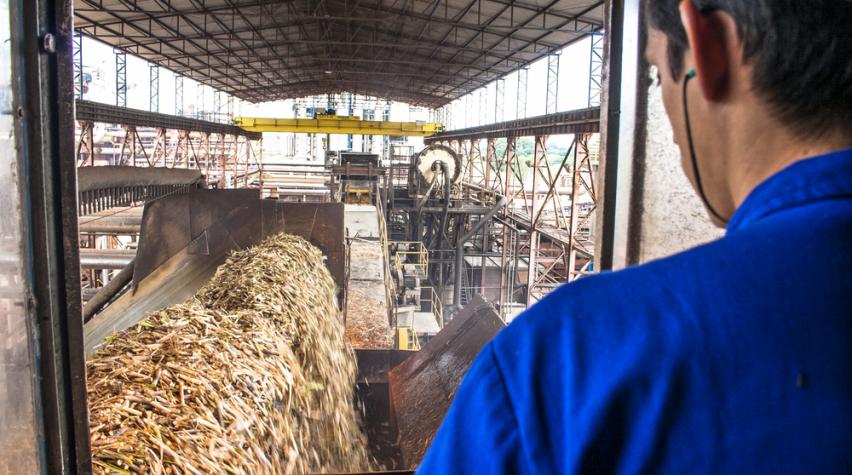
Researchers at the University of Wisconsin–Madison have identified specific strains of a bacteria that could one day make biofuel production more efficient.
Not all bacteria created equal
Previously, it was believed that all strains of Streptomyces bacteria were equally important contributors in the natural decay of plants. Looking at more than 200 types of Streptomyces bacteria, however, the researchers were able to identify a handful that have a heightened ability to produce higher levels of enzymes that can break down cellulose.
Tests were performed on the more than 200 types of bacteria by growing them on simple sugar and filter paper made of cellulose. The researchers collected genomes of more than 120 strains and were able to study how the genes were expressed.
According to the researchers, strains that were skilled at breaking down cellulose changed their gene expression when grown on the plant material, while those that showed unexceptional abilities to break down cellulose did not change their gene expression under the same conditions.
It is hoped that this research will go on to improve efficiency in biofuel production. See the press release for more details about this research.


